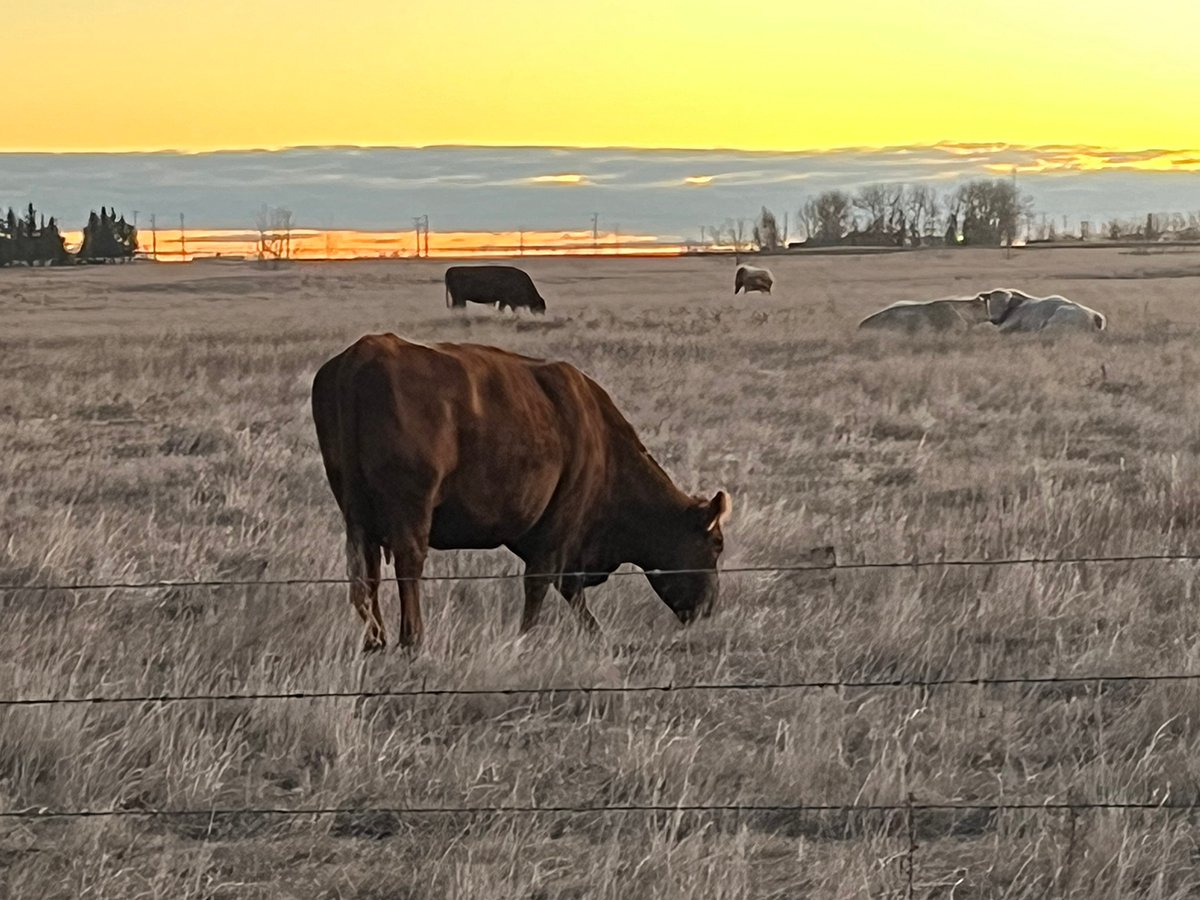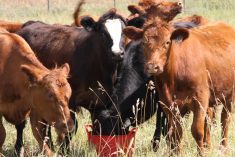Stan Eby was having a quiet day on his farm near Kincardine, Ont., when his cell phone rang.
He had time to talk.
At the same time last year when he was president of the Canadian Cattlemen’s Association in the midst of BSE battles with the United States, chances are he would have been somewhere other than on his farm fixing a fence on a spring afternoon.
Chances are his cell phone would have been ringing constantly.
And chances are he would have sounded far more tense and perhaps a little distracted.
Read Also

Animal protection delivery to change in Saskatchewan
The Saskatchewan government is looking for a new agency to handle animal welfare after Animal Protection Services of Saskatchewan decided not to renew its contract next year.
The 62-year-old figures that half his time during his two turbulent years as CCA president was spent travelling or on association business.
“I’m happy to report there is a good life after cattle politics,” Eby said. “I’m starting to relax. Life is a lot less frantic. You don’t really realize how tired you are until you have time to step outside it and get off the treadmill.”
In March, Alberta rancher Hugh Lynch-Staunton was elected CCA president, but his predecessor still plays a role
Eby sits on the executive as past-president, is chair of a committee reviewing the association’s governance and structure, helps oversee spending of the CCA legacy fund meant to broaden export markets and has been asked to continue co-operation discussions with Quebec beef farmers who are not part of the CCA.
“I have committed to help Hugh in any way I can and so I have been asked to continue some involvement,” Eby said. “Hugh was very supportive of me as my vice-president.”
Eby said the low point of his term as CCA president was the constant uncertainty that the BSE-closed border created for the industry.
“The unknown always bothers everyone.”
The high point was CCA’s ability to work with governments to develop programs, including set asides, packing plant investment incentives and financial aid packages for the industry.
“I think our collaborative work on the repositioning of the industry with federal and provincial governments was gratifying,” he said.
A highlight was the association’s successful work to get the border at least partly open.
Eby thinks he presided over the national cattlemen’s lobby group during a period of political maturation.
Traditionally, the Canadian cattle industry was conservative in attitude and Conservative in its politics, asking little more of government than that it create conditions that allow trade and then stay out of the way.
BSE changed that attitude as the industry discovered the political underside of the business and then found itself working closely with Liberal governments to develop policies and programs.
“There is no doubt that the cattle industry has learned the importance of the political system to their livelihoods and I think that was a lesson to us through all of this,” he said.
“I’d also like to think we became a bit better at politics over the course of it. A reporter once asked me what kept me awake at night and I said it was wondering what political twists I would be facing in the morning.”














